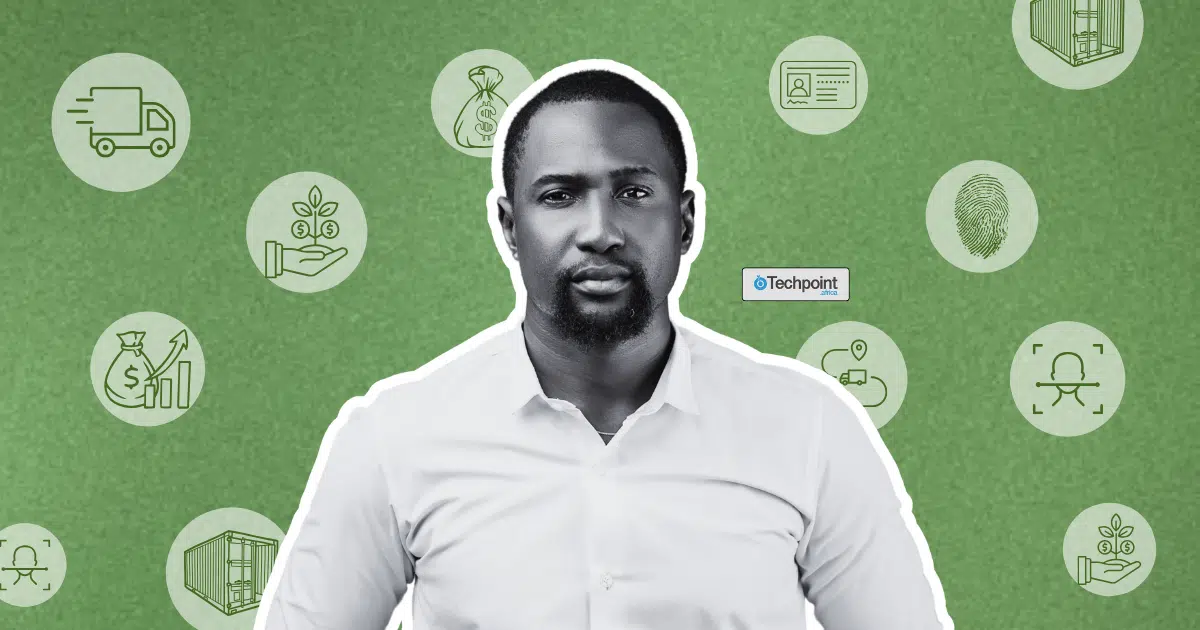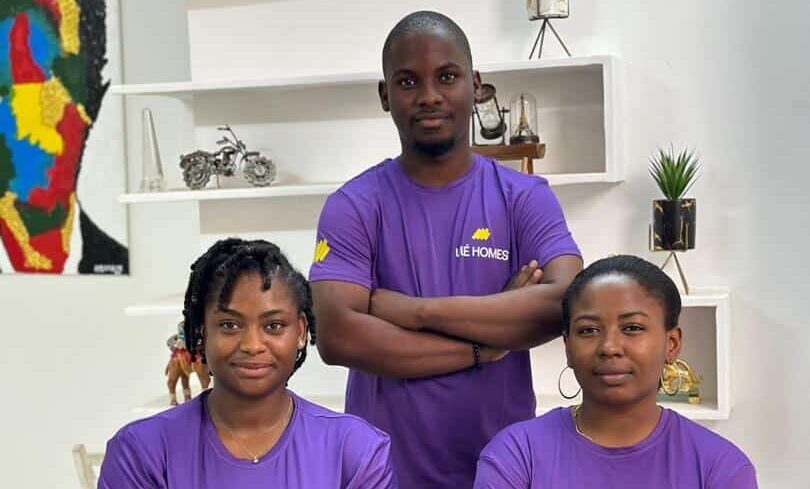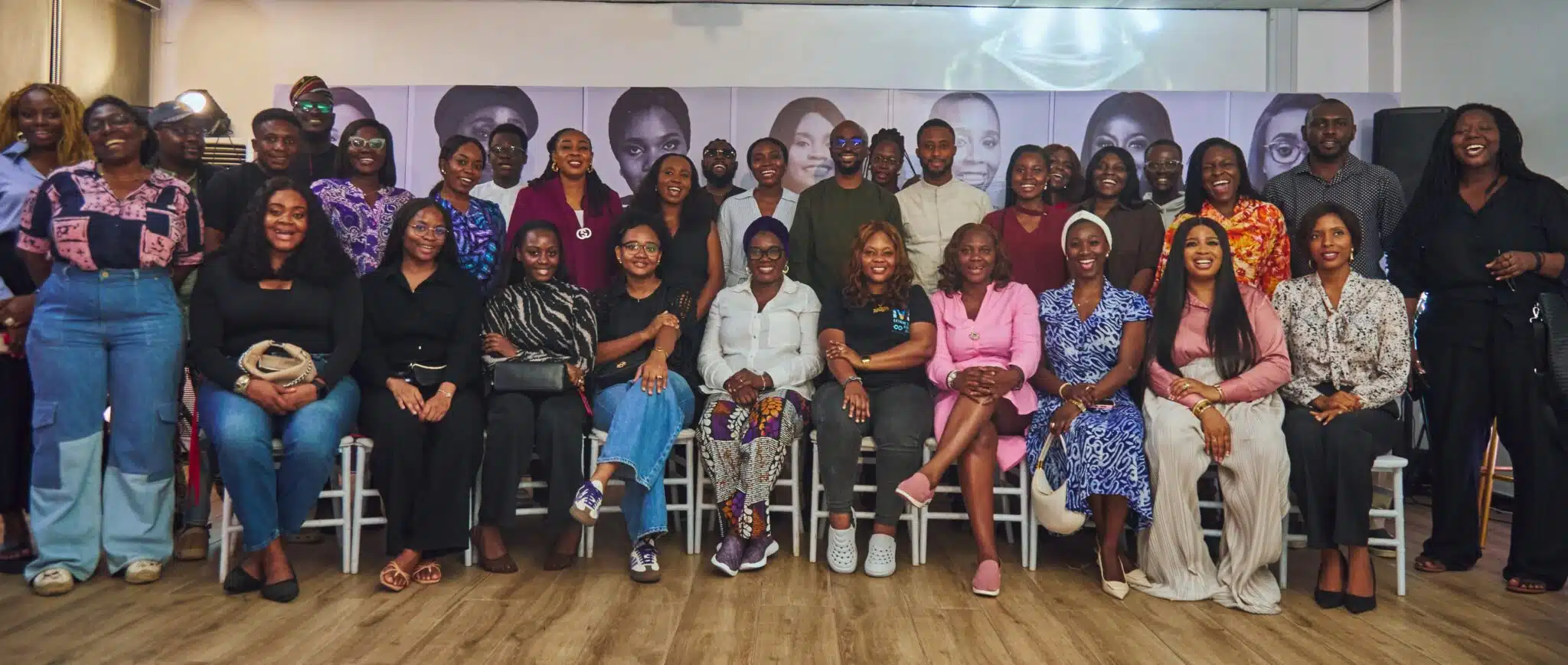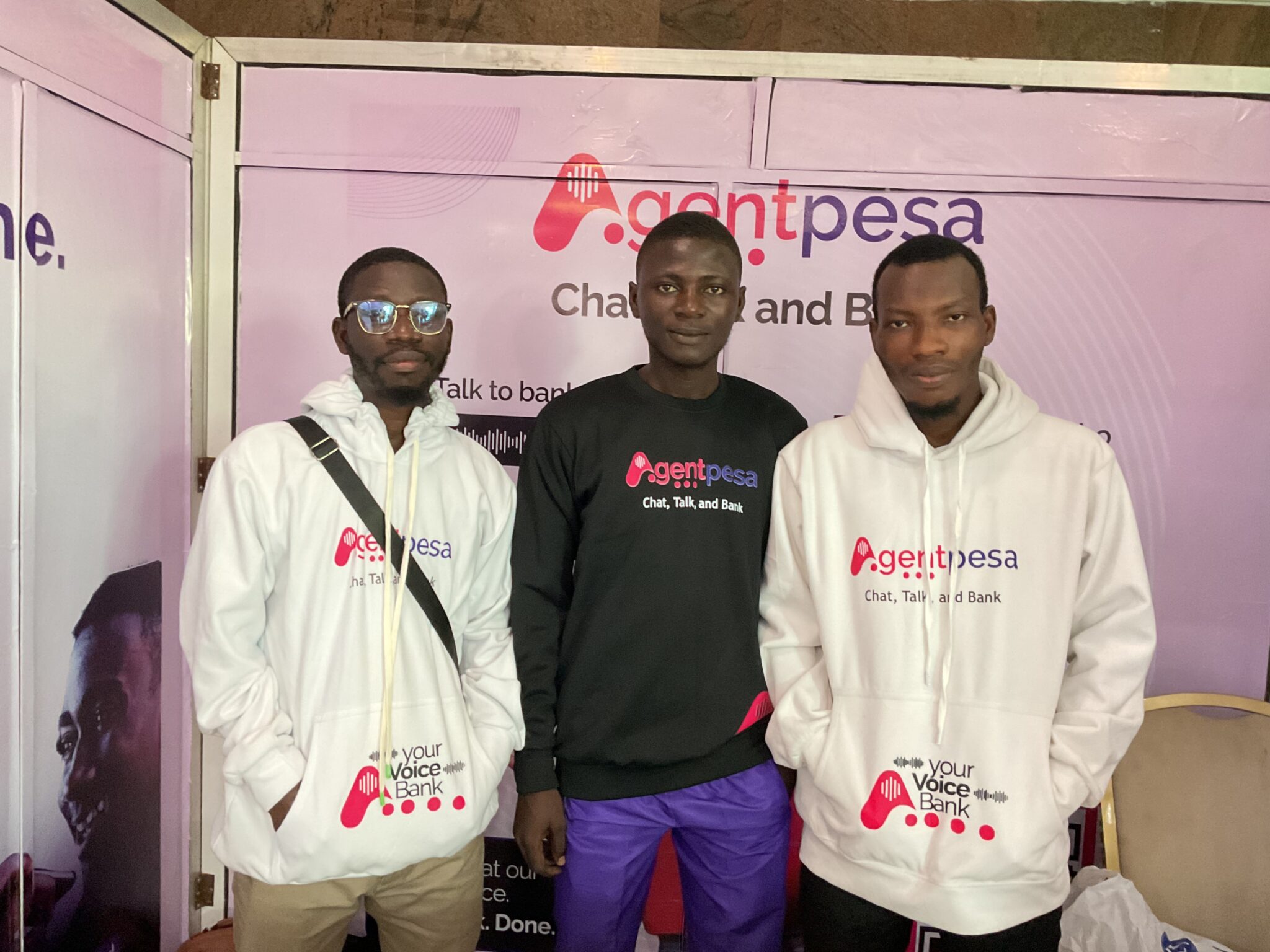Oluwatomi Solanke embodies the spirit of a serial entrepreneur. Over the past decade, he has founded three companies and successfully raised over $2 million to grow them. Still, when I refer to him as a serial entrepreneur, he pauses before reluctantly accepting the title with a modest smile.
“People throw around that word very loosely. You just run some random things, and you say, ‘I’m a serial entrepreneur’.”
As a first-year student at the University of Lagos, he sold derivatives, insurance, video games, and a host of other products and services.
“I was just looking for money,” he says of his motivation. “When I was in secondary school, if you ask my secondary schoolmates, I used to be that guy that helped you buy everything.”
Building peer-to-peer logistics

His first foray into the world of tech and startups came in 2014 with DropBuddies, a peer-to-peer logistics startup.
Initially starting out as CreditMe, a value-added services provider, it allowed users to purchase airtime and pay for utility bills. The business raised more than ₦10 million from investors such as Michael Ajereh, popularly known as Don Jazzy, and also got into the Tony Elumelu Foundation Entrepreneurship Programme and CcHUB’s Growth Academy.
A number of pivots and internal conflicts later, the team landed at DropBuddies, and riders used personal vehicles to make deliveries. Like early logistics players in the country, it contended with a poor addressing system, inconsistent service quality, and an inability to figure out a proper business model.
At some point, it bought delivery bikes, which it gave out to drivers, but even that failed to solve their problems. Eventually, the startup sold off more than half of its bikes.
Great idea, wrong timing

His next venture was WhoSpottedMe in 2017. The son of a doctor, he spent a lot of time in hospitals growing up and watched his mother and other medical personnel struggle to identify accident victims.
This was the early 2000s, when mobile phones were hard to come by, and the most common identification methods — the driver’s licence and the national identification number — were owned by a tiny percentage of the population.
Years later, he saw the problem play out again, but this time because of insecurity. Tales of terror attack survivors in northern Nigeria were rife, but many of them had no way to locate their families. Solanke assembled a small team to build a facial recognition model.
Individuals would upload pictures of missing persons, which the system ran against a crowd-sourced database built from social media, individual submissions, newspapers, and television, but it was costly to build and maintain.
Depending on data scraping to build a robust database was tiresome and unscalable, not to mention expensive. In search of a solution, they explored an open-source solution and partnerships with the Nigerian Police Force. None of those attempts worked, so he moved on after 18 months.
“We got a decent amount of submissions and matches, but it wasn’t at the scale we wanted. I feel like it was one of those problems that was important but too early.”
After leaving WhoSpottedMe, he co-founded a web development company with his sister and Jukox, a mediatech company.
Jukbox was a music widget designed for blogs that replaced traditional music players with one that played interstitial ads between songs. It provided brands like Zenith Bank and Konga with a unique audio ad channel, while allowing music blogs to earn revenue through automatic ad integration. It was later acquired by Freeme Digital.
Pioneering investment products in Nigeria
While Trove Finance began operations in 2018, the seeds for its creation were sown when he sold derivatives as a student, often trading on behalf of classmates. He once made a bad call that wiped out 90% of his capital and left him in a really tough spot with the people he was trading for.
After leaving school, he continued experimenting with cryptocurrencies briefly, trying to build an app for Nigerians to trade with. His goal was to profit from the arbitrage opportunity, but the immediate seeds for Trove Finance came in 2017.
After seeing a tweet from American venture capitalist Chamath Palihapitiya encouraging people to buy a stock, Solanke tried to buy it but discovered he could not do that from Nigeria. He reached out to a friend, Austin Akagu, who lived in the US then, but after learning he could not buy US stocks without a Social Security number, he gave up.
Months later, Akagu faced a similar challenge trying to help his mom buy Nigerian bonds. That shared frustration became the seed for Trove Finance.
Today, you’d be spoilt for choice as a Nigerian trying to invest in foreign equities, but that wasn’t the case when Trove Finance launched in 2018. The early days were tough, and selling the idea to investors and users was a tall order.
Not even ARM Labs, an early investor, was confident that anyone could succeed at retail investing in Nigeria.
However, not only did they give the startup a ₦3 million grant as part of the accelerator programme, they also invested $30,000, with Ventures Platform separately investing in the startup. Getting that investment was an inflection point for the startup, as it gave them some credibility with potential users.
In addition to convincing investors, the startup had to convince foreign partners such as DriveWealth, an experience that Solanke describes as eye-opening.
“It was very hard; they didn’t know what BVN was, and we didn’t have a unified database they were familiar with. It was one of those ideas that was a bit early, but luckily, it was just a year or two early.”
“We pushed through and became DriveWealth’s first partner in West Africa. Together, we launched the first US. fractional investing product in Nigeria, long before Bamboo, Chaka, or Risevest came onto the scene.”
Fortunately, DriveWealth had some experience in emerging markets, and that eased negotiations. However, they still insisted on working with a regulated party in Nigeria, as Trove Finance still operated in a regulatory grey area.
Things came together rather quickly. The startup welcomed its first 10,000 users by the next year and now serves more than 500,000 people across Nigeria, Ghana, and Kenya.
It also became profitable for the first time in 2024, adding nearly 100,000 users in the past year alone. Interestingly, the startup has spent little on paid marketing — less than $1,000 in 2024 — choosing to spend its efforts on content marketing.
While it started out offering users the ability to purchase foreign stocks, it has since added Nigerian equities. As the Nigerian economy has stagnated, he shares that users are purchasing local stocks more than at any other time in the company’s history.
Looking to the future
Having spent seven years building Trove Finance, it’s the longest he has spent on a startup.
“I think the idea became a part of my identity,” he says, explaining why he has spent this long at it. “Everybody just knows me as the Trove Finance guy, and it overshadows everything I’ve done with my life.”
But having reached numbers none of his previous businesses managed, he notes that the impact is also a key factor for his longevity.
“I always feel like there has to be a social impact element to everything that I do. I think money is great, but if I plot a line across everything that I’ve been interested in doing, there has to be some sort of social impact element to it.”
Not one to rest on his oars, he says the startup is already planning for the future.
“The vision from a product perspective is a lot more in terms of the asset classes that people can invest in. We want to build the product over the next couple of years to cater to whatever a user is interested in and give them bang for their buck.”
It has already expanded beyond stocks and now offers real estate investments. It’s also exploring other capital markets as it builds a more robust offering.
Editor’s note: This article has been updated to clarify that DropBuddies was Solanke’s first startup. A previous version incorrectly listed WhoSpottedMe.











